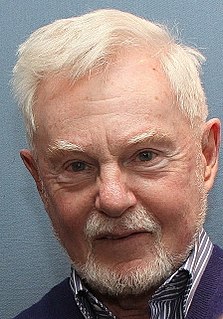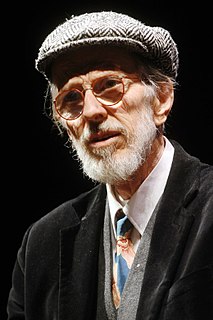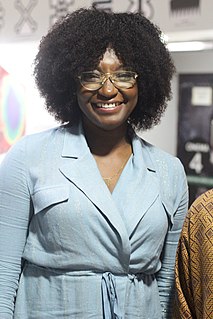A Quote by Derek Jacobi
Real-life people are often the hardest to play, people that you recreate who have actually lived, because you have to live up to people's knowledge of those characters.
Related Quotes
This medium that we're working in - film and television - for an audience, it's like you live through these characters because it's things you can't do in real life. Places you're not prepared to go in real life as a decent human being, anyway. Because if you're a conscientious person, so you live kind of vicariously through these people.
The great thing about acting is, because you're constantly playing other characters and exploring yourself because you have to find those other characters in yourself, you sort of broaden as a person over your life because you've been other people. So you can empathize with many different sorts of people. It's great in that way and I hope, therefore, as you get older as an actor, you not only get more interesting because you lived more, but you get a bit wiser as a person.
It's not that I wrote those details, but photos can give you the confidence that you have a real feel for the landscape. Then you can invent with a solid kind of faith, and recreate a feel and flavor of the time, and, one hopes, a tonality, a sense of that time having been lived by those characters.
I realize I have a lot of amazing opportunities, but I don't know how you can play a human being going through real human experiences without being able to walk down the street. If you can't live a real life, how do you play a real person? It always confuses me when actors work back-to-back-to-back with no break. If you live your life on a film set, how the hell can you relate to real people? You don't know what its like to not have people fussing over you all day, and that's not life - that's silly movies. I will always want to take breaks and I wouldn't be OK with losing that.
For me, the most gratifying part in touring is singing the songs that I know tmy fans love, it's those moments when they put their hands up and their heads down that you know that you have hit a nerve. It's those moments when the people in the audience say "sang". It's those moments that I'd listen to growing up, even on Donny Hathaway live, where the people were speaking to my Dad at the Troubadour and I used to wonder, 'wow, what are they talking about?' There's an electricity that cannot be rivaled when you are creating for people live and in real time.
I grew up in low-income areas and I've seen people take negative energy and just accept it. They give into and end up living a pretty rough life. At a young age, I just knew I wasn't going to give in because I didn't want to end up being one of those people in the neighborhood that didn't have anything and lived a hard life.
Once you start to ask patients about their priorities, you discover what they're living for. Once you uncover that, it helps you, as a doctor, decide what to fight for. And when we do that, we often end up identifying limits to the kind of care that people want. One's assumption is that these people are going to live shorter lives, but what we're doing is protecting quality of life. In doing so, you sometimes end up helping people live longer. Certainly, you help people live better days and with more purpose in their lives.




































